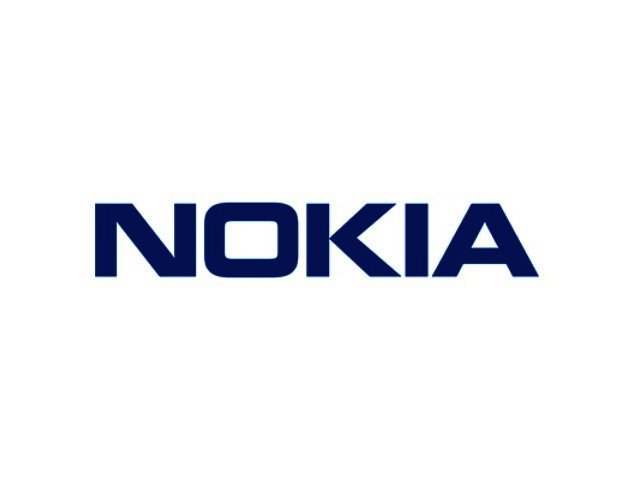Fixed networks will play a key role in achieving network transformation and true convergence with mobile as the world moves relentlessly into the seamless communications era of 5G and the Internet of Things (IoT). That was the resounding message given to the market today by Federico Guillen, president of Nokia’s Fixed Network Business Group.
Delivering a powerful keynote on the opening morning of Broadband World Forum, in London, Guillen looked at the rising demand for gigabit broadband in a world where 47% of households globally are still off-line and only 7% have over 10Mbps of service. There’s still a long way to go to reach the European Commissioner Juncker’s ambitions for a Gigabit society. He questioned whether the issue was like ‘fixing the unfixable’ – but pointed to fixed networks as being the answer to the challenges that lie ahead and deliver higher broadband to more citizens faster.
“The world needs Gigabit speeds and we are seeing many countries making major moves in that direction as they look to improve their economies and societies,” he said. “A few years ago some people saw mobile as the only technology and, to some, fixed, wireline networks were effectively ‘dead’. Reality is, however, that fixed is very much back, stronger than ever, and it is a necessary technology to realise our gigabit societies of the future, delivering higher speeds than mobile, and being highly complementary. With yet another new lease of life for next generation copper via technologies like G.fast, Vplus or XG-FAST, next generation fiber (bundling TWDPON and XGS-PON in a universal solution) and cable (combining fiber and coax) fixed networks are here to stay. And while the world is going mobile, mobile is going fixed.
“This is especially true in the world of 5G and if we are to cope with the incredible opportunities of the IoT as we move towards digital societies of the future,” he added.
Guillen went on to debate how much bandwidth was actually needed currently and in the future, demonstrating how the wireless world was incorporating more and more fixed nodes into its networks – from hundreds in the 3G era to hundreds of thousands as 5G becomes a reality. But also in the domains of hybrid access and fixed-wireless access for remote locations, the complementarity between fixed and mobile is a no-brainer.
He also showed how FTTX solutions were bringing more bandwidth to more people sooner, via a range of technologies and said that 5G would ‘change everything.’
Guillen’s presentation comes just a week after Nokia announced it was expanding its G.fast micro-node portfolio to provide higher densities and longer loop lengths from cabinets and distribution points. The company has also introduced programmability and automation in the copper access space to accelerate G.fast deployment by 50%.
In what was a big week for Nokia, the company also extended its field-proven next-generation fiber portfolio and added South Korea Broadband (SKB) as its eighth customer to the list of customers worldwide that have commercially deployed its XGS-PON and TWDM-PON solutions.
“The Fixed Network is not only here to stay – it is going to remain at the very nerve center of what people are calling the next Industrial Revolution,” said Guillen. “I’m truly excited by this prospect and confident that we will remain at the forefront of the drive to use these technologies to ‘fix the unfixable.”
This month's business articles sponsored by:






